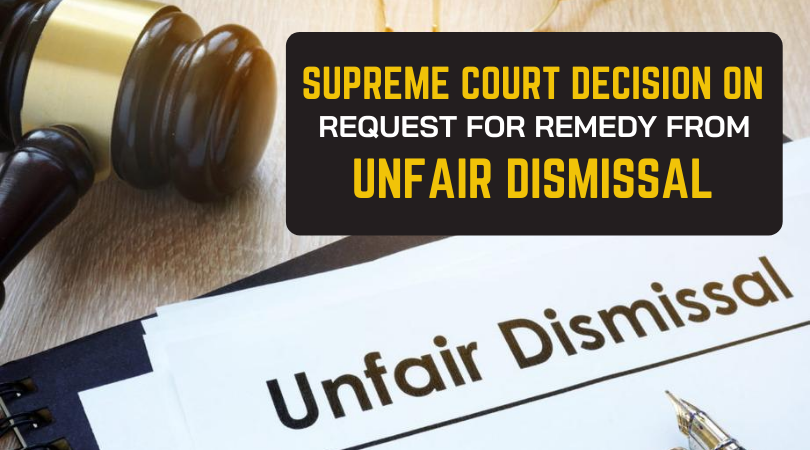
Can unanswered calls constitute a stalking crime?
July 7, 2023
How to Get an International Divorce in Korea Part II
November 2, 2023How to Get an International Divorce in Korea
Part I: International Court Jurisdiction and Governing Law
1.Introduction
I have handled many international divorce cases. My clients are from various countries of the world. I’d provide basic information in English about legal procedures of international divorce in Korea. This is the first part of the series, “how to get an international divorce in Korea”. In this part, I will mainly focus on international court jurisdiction and governing law.
2.International Court Jurisdiction
If you are not a Korean national, you will not be sure whether you can apply for a divorce to Korean family court. You should check international court jurisdiction before starting a divorce process in Korea. Act on International Private Law of Korea prescribes international court jurisdiction for a divorce case. According to Article 56 of the Act, Korean family court shall have international jurisdiction over the divorce case;
(i) if one of the spouses has his or her habitual residence in Korea, and the last common habitual residence of the spouses was in Korea;
(ii) if a plaintiff, and all or some of the minor children have their habitual residence in Korea;
(iii) if both of the spouses are nationals of Korea;
(iv) if a plaintiff who has habitual residence in Korea as a national of Korea files a lawsuit only for the purpose of terminating the marital relationship.
Let me take an example. One of my previous clients is a US citizen and his wife, now ex-wife is a Korean national. They got married in the US and then they moved to a different country. They had lived for a long time in the country. They had not registered their marriage in Korea. And he decided to divorce due to the personality difference and her dishonesty while his wife did not want to divorce. He filed a divorce to a court in the US, but his claim was dismissed because the court did not have jurisdiction over the case. And in the country where they resided, it was not allowed for a foreign couple to get a judicial divorce. In the meantime, she suddenly flew to Korea after selling her apartment which was one of their matrimonial assets in the country where they resided without his knowledge. It was not her peculiar property.
After he found that she entered Korea, he contacted me and appointed me as his lawyer. I filed a complaint for a divorce trial to a Korean family court. The other party argued that Korean court have no international court jurisdiction over the case, but the argument was not accepted since she is a Korean national, and had already registered her address in Korea. Also, my client had filed a divorce case to the US court and it was dismissed, so if the case had been dismissed in Korea again, the process would have become very complicated and inefficient. Additionally, she had already appointed a lawyer and defend herself in the court proceedings. That’s why the Korean court concluded that Korean court should have international jurisdiction over the case. The court made a decision in favor of my clients on divorce and asset division. Eventually, he divorced and received money from matrimonial asset division. The money she received after selling the apartment was also listed as one of the matrimonial assets.
3. Governing Law
The next topic that I’m going to deal with is governing law. If you are not a Korean national, you will have to check which law will be applied to your case. To put it simply, if your spouse is Korean and your marriage has continued in Korea, Korean Civil Act shall be the governing law of your case. Specifically, Article 66 and 64 of Act on International Private Law of Korea states how governing law on divorce shall be decided.
According to the articles, the order of the governing law is like this;
The same law of the nationality of the spouses shall be applied if they have same nationality.
But if not, the same law of the habitual residence of the spouses shall be the governing law.
And if the laws of their habitual residence are different, the law of the place to which the spouses are most closely related shall be the governing law.
With regard to this issue, I’d like to briefly explain one of the cases that I handled before. One of my previous clients is not a Korean national and neither is her husband, and they have the same nationality. They got married in Korea and their marriage continued only in Korea. Their child was born in Korea as well. After their marriage broke down, her husband flew to a different country, not their home country. She wanted to get a divorce, so I filed the divorce suit to a Korean family court. But the governing law to this divorce case was not Korean Civil Act and instead it was their country’s law according to Act on International Private Law. In the end, the Korean family court ruled in favor of my client’s all claims based on the law of their same nationality.
Related posts
Blog Articles
Contact Information
201, 160, Seochojungang-ro, Seocho-gu, Seoul, Republic of korea.
Phone: +82-2-535-1235
Mobile: 010 5349 1235
Fax: +82-2-536-1236
Email: [email protected]








































![[Supreme Court Decision – Criminal Law] – On Intent of Defamation](https://lawyerhwang.com/wp-content/uploads/2020/03/Supreme-Court-Decision-–-Criminal-Law-–-On-Intent-of-Defamation.png)
![[Supreme Court Decision – Criminal Law] – On Uploading a “Torrent File” of Obscene Videos](https://lawyerhwang.com/wp-content/uploads/2020/03/Supreme-Court-Decision-–-Criminal-Law-On-Uploading-a-“Torrent-File”-of-Obscene-Videos.png)






























